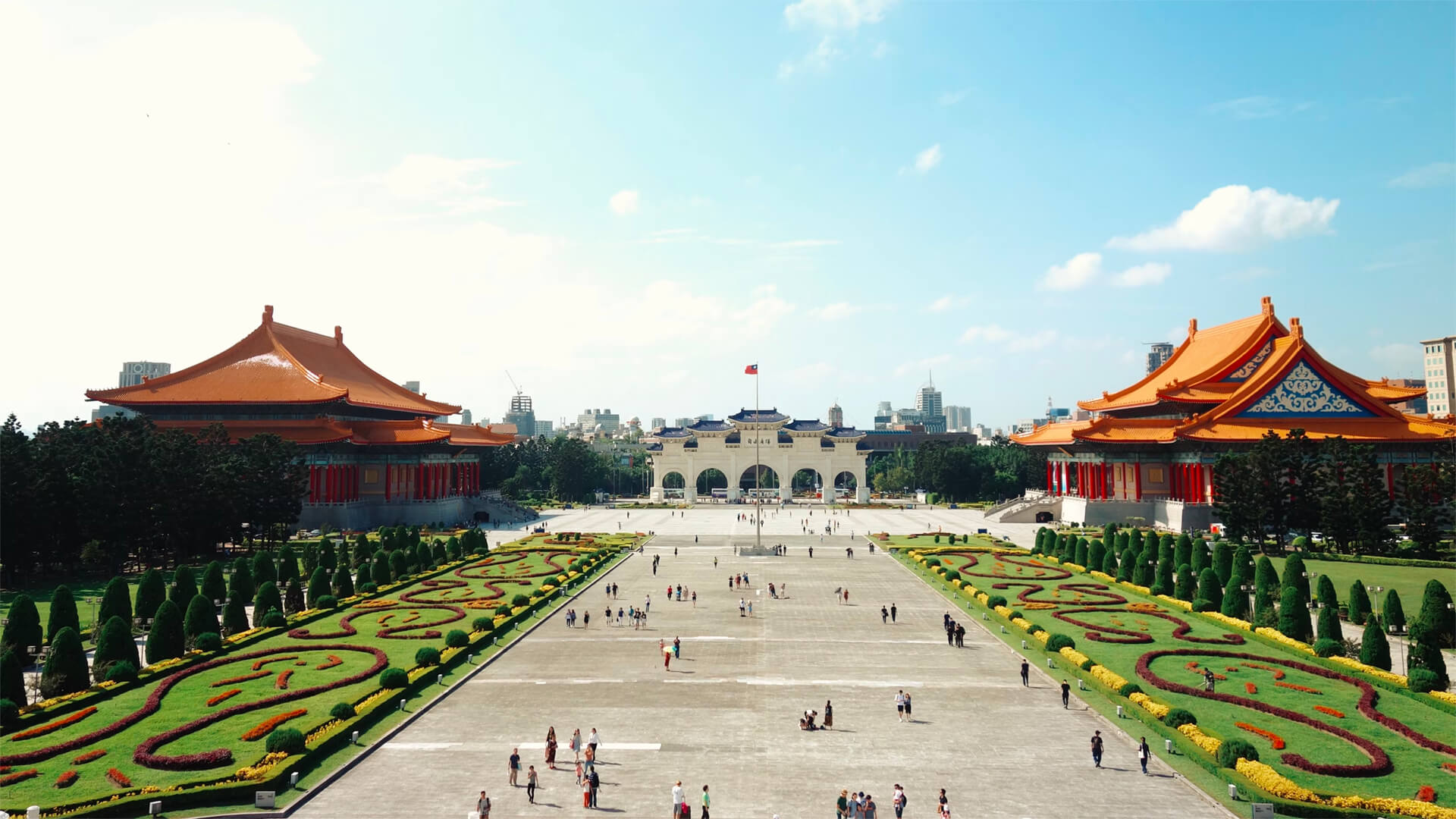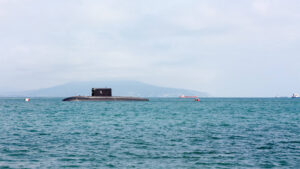China invading Taiwan isn’t a new topic, but would China ever use this war as a diversion or distraction? This is an unlikely scenario, but as long as Xi is in charge, we must consider every possibility.
Despite challenges to China’s political and economic system, with a leader like Xi, there isn’t a need to “rally support” for a war. In addition, capturing Taiwan wouldn’t provide China with a strategic advantage, and it would likely lead to hefty economic vulnerabilities.
The odds of a “diversionary” war happening are never zero, though. In a system like China, all it would take is a miscalculation on Xi Jinping’s part or some dark realizations setting in…
Here at Zeihan On Geopolitics we select a single charity to sponsor. We have two criteria:
First, we look across the world and use our skill sets to identify where the needs are most acute. Second, we look for an institution with preexisting networks for both materials gathering and aid distribution. That way we know every cent of our donation is not simply going directly to where help is needed most, but our donations serve as a force multiplier for a system already in existence. Then we give what we can.
Today, our chosen charity is a group called Medshare, which provides emergency medical services to communities in need, with a very heavy emphasis on locations facing acute crises. Medshare operates right in the thick of it. Until future notice, every cent we earn from every book we sell in every format through every retailer is going to Medshare’s Ukraine fund.
And then there’s you.
Our newsletters and videologues are not only free, they will always be free. We also will never share your contact information with anyone. All we ask is that if you find one of our releases in any way useful, that you make a donation to Medshare. Over one third of Ukraine’s pre-war population has either been forced from their homes, kidnapped and shipped to Russia, or is trying to survive in occupied lands. This is our way to help who we can. Please, join us.
Transcript
Hey everybody. Peter Zeihan here coming to you from Colorado. Now, last week, I released a video on why none of us should be really surprised if the Chinese system falls apart. We’ll leave the link here for those of you have not seen it. But the most common follow up question that I’ve received from viewers has been wouldn’t this justify in the Chinese mind a diversionary war or distraction war to increase public support?
I can’t rule it out, but I don’t think that’s going to go down for three reasons. Number one, this is not a democracy. This is an autocracy where the CCP has control of the public space is huge and their ability to shape public opinion is massive. And in that sort of an environment, you don’t get the same relative effects and you also don’t have the same in stability from economic problems that you might have in a more pluralistic society.
So I don’t want to say no, but the government’s ability to shape public opinion and to stir up nationalism is pretty robust. If anything, the government sometimes has a bit of a problem containing the nationalism, not not getting it going. So from a legitimacy point of view, I don’t think it’s really necessary. Second, anyone in China who can read a map and do math knows that if they launch a war for Taiwan, it will it will not end well, not the war itself, but what happens to the next day.
China is dependent upon the international community for roughly three quarters of their energy sources, and most of that comes from a continent away. On top of that, China is in terms of absolute volumes, the most dependent on imports and exports of any country in the world. And they import the vast, vast, vast majority of the materials that allow them to grow their own food.
So if you have even a moderate effort by a small number of countries to go after Chinese commerce in the aftermath or because of a war, this country will be facing a industrial collapse in just a matter of months and a famine that will kill half the population in a couple of years. And I have no doubt that at least several years ago that the Chinese leadership understood that.
And so they primarily used Taiwan as a rhetorical issue. And most of the threats that we’re seeing now are not necessarily coming from the decision makers. Well, a third let’s assume that the Chinese can capture Taiwan in a matter of weeks with minimal damage. That doesn’t really give them anything. I mean, yes, it technically is a break in the first island chain, but the Chinese are still dependent on the international system to get everything that they need, and they’re dependent on the U.S. Navy to patrol the global oceans so that their commercial cargo can come and go.
In fact, this would actually put their potential sea lanes by Taiwan in greater risk from the Japanese, who have a better, longer range navy than anything that the Chinese have. And then there’s talk of the semiconductor industry that the Chinese would be able to scoop. But the Chinese can’t operate their own semiconductor industry. It’s not just run with foreign equipment and software.
It’s run by foreign personnel. And the Taiwanese facilities are the most advanced in the world. And honestly, the Chinese wouldn’t know what to do with it. I don’t mean that as a slam to the Chinese. I don’t think any country that took them over would be able to operate them in anything less than a decade timeframe for the Chinese would take a lot longer than that.
So it really doesn’t check any boxes now saying that it wouldn’t work, saying that a diversionary war would be unwise and would achieve nothing for the Chinese is not the same as me saying. I don’t think it would happen, but the rationale would be very, very different. So two things. Number one, it could be a miscalculation, not in the traditional sense that, you know, we don’t think anyone will do anything but a miscalculation by JI.
Remember that JI has formed such a tight cult of personality that no one’s bringing him information. So he’s literally making information, making decisions in a box without any idea of the information that flows in or the reality of the world around him in that sort of decision making structure. Sure, he could pull the trigger, but it wouldn’t be because of any of the reasons that you would normally expect.
So whether it’s economic, strategic, political or whatever, whatever we would say, you know, this might force a country to pull the trigger. None of that applies to Xi because it’s all in his head. And it’s not something that we can really guess at because we don’t know what’s shaping his decision making, because we know he’s not being fed the information he needs to run the country.
The second reason is quite darker. If you’re like me and you believe that we’re looking at the end of the Chinese system over the next decade for demographic reasons alone. Forget politics, forget energy, forget vulnerability, forget the debt, forget trade wars, forget everything else. Then there’s something to be said for pulling the trigger. Because if the Chinese system is facing that same industrial collapse and that same population collapse for other reasons, and there’s nothing that the Chinese government can do to stop that, maybe buy a little bit of time, and that’s it.
Then pulling the trigger, choosing the time and the place of a war, even if you think you’re going to lose, even if you know it’s going to result in the death of half of your countrymen, if it allows you to command the narrative of the future. Well, that means that the CCP for the low, low price of half the country’s population might be able to rule into the next era of Chinese history.
And if you’re completely amoral about it, you got to admit that might be a compelling reason to launch a war that you know what will destroy you for dark. Not saying that’s happening, but we can’t rule it out at this point.









